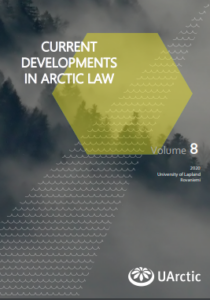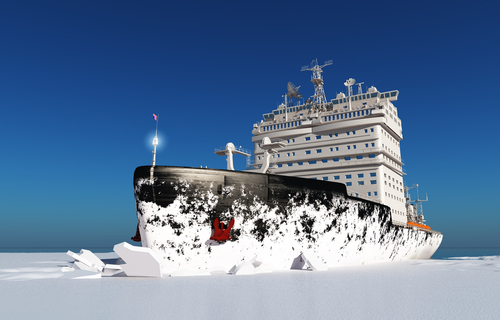The University of Arctic’s Thematic Network on Arctic Law issued its 8th “Current Developments in Arctic Law (CDAL)” annual publication, highlighting recent Arctic issues that have presented.
Among others, the report noted that the state of business in the Arctic can be characterised by a strong link between municipalities, small-to-medium businesses, and the mineral extraction industry.
However, local entrepreneurs have highlighted the following difficulties:
- Harsh natural and climatic conditions that affect almost all types of economic and social activities, including the accelerated wearing of fixed industrial assets and a need for these assets’ frequent replacement.
- The risks of environmental accidents and disasters whose elimination in the Arctic – especially on the sea shelf – is an unprecedentedly complex and littlestudied matter.
- Businesses’ dependence, in many regions of the Arctic, on northern deliveries (supplies from the central regions of the country during a limited period of Arctic sea and river navigation, including oil, oil products, coal, food, and technical products) and the high cost of these goods’ transportation (including by air) to remote Arctic territories.
- The general underdevelopment of all types of supporting infrastructure for business – such as roads, engineering, and energy.
- A shortage of many qualified specialists and insufficient motivation for existing workers due to a lack of competition in the local labour market.
- Arctic businesses’ high dependence on large, city-forming corporate structures and state and municipal support, with insufficient bank financing and unfriendly conditions compared to Russia’s central regions (including interest rates on loans).
Concluding, the CDAL is published by the University of Lapland, in cooperation with its Northern Institute for Environmental and Minority Law at the Arctic Centre.
Explore more here:































































